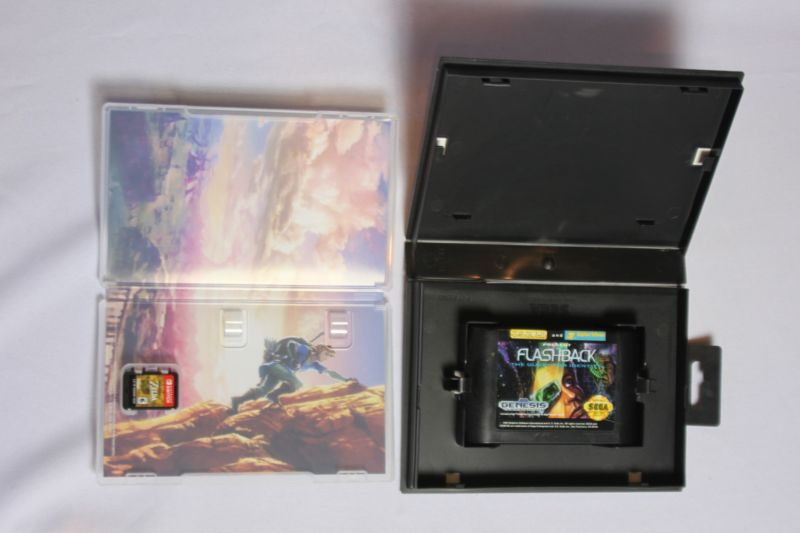
Now that the Switch is on the market, though, that prediction seems not to be bearing itself out. A few upcoming multi-platform games are set to cost more on Switch than on competing consoles, and Nintendo's decision to go with the cartridge format seems to be the culprit.
The first sign of the trend came last week, when Rime publisher Tequila Works announced that the Switch version of the exploration/puzzle game would cost $40, compared to $30 for the PS4 and Xbox One versions. The upcoming North American release of Puyo Puyo Tetris is similarly listed at $40 for the Switch, but only $30 on the PS4 (where it will only be available as a physical release). Binding of Isaac Afterbirth+ costs $40 to preorder on the Switch, but only $35.97 when purchased as a Steam bundle (the components of that bundle cost $40 when purchased separately, though).
When asked about these kinds of pricing discrepancies on a Facebook Q&A stream last week, Nintendo of America President Reggie Fils-Aime said that "we don’t make that pricing decision" and directed questions to the publishers themselves. "The MSRP of the Switch version is based on development and go-to-market costs, which can vary for each platform," Tequila Works said in a tweet about Rime's Switch pricing.
Eurogamer added a bit of context to those nebulous statements with its own reporting this morning. Citing "some digging" through unnamed sources, the site says it "heard... the cost of manufacturing a Nintendo Switch game is higher than the cost of making a PS4, PC or Xbox One game, because the cartridges the Switch uses cost more to make than Blu-ray discs."
The exact price difference, Eurogamer reports, depends on the size of the retail print run ordered for the game. It can also vary based on the size of the cartridge itself, which increases in price for every power of two increase in GB size, up to a 32GB maximum. Puyo Puyo Tetris and Binding of Isaac should both fit on cartridges that are just 2GB, though, suggesting that even smaller game cards might face a significant price premium over discs (3DS games, for comparison, often clocked in under 1GB).
What's more, Eurogamer reports that Nintendo forces eShop versions of retail games to have the same price as their physical counterparts, to avoid undercutting (and, presumably, angering) retail partners. But, as we've seen with the Vita and other consoles, the pricing disparity can start to get weird when retailers start clearing out discs at reduced prices, while downloads stay at their inflated peak (until the occasional appearance of a deep discount sale, that is). Nintendo's retail price-matching requirement obviously doesn't apply to games that are offered only as downloads. That's probably why a download-only title like Snake Pass will be able to sell for $20 on all platforms, including the Switch. Then again, a game like Has-Been Heroes will see a physical release on the Switch and also sell for a $20 MSRP on all platforms, including PC, PS4, and Xbox One. This proves that the extra costs of Switch cartridge manufacturing don't have to be passed on to the consumer.All that said, there does seem to be a trend of Switch game cartridges coming at a premium price over their disc-based (or download-only) counterparts on other platforms. That might be worth it for the benefits of portability (and durability) that the Switch cartridge offers, but it's still worth keeping in mind as you consider the pros and cons of the console.
reader comments
233